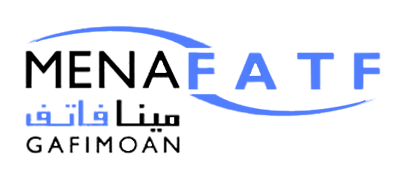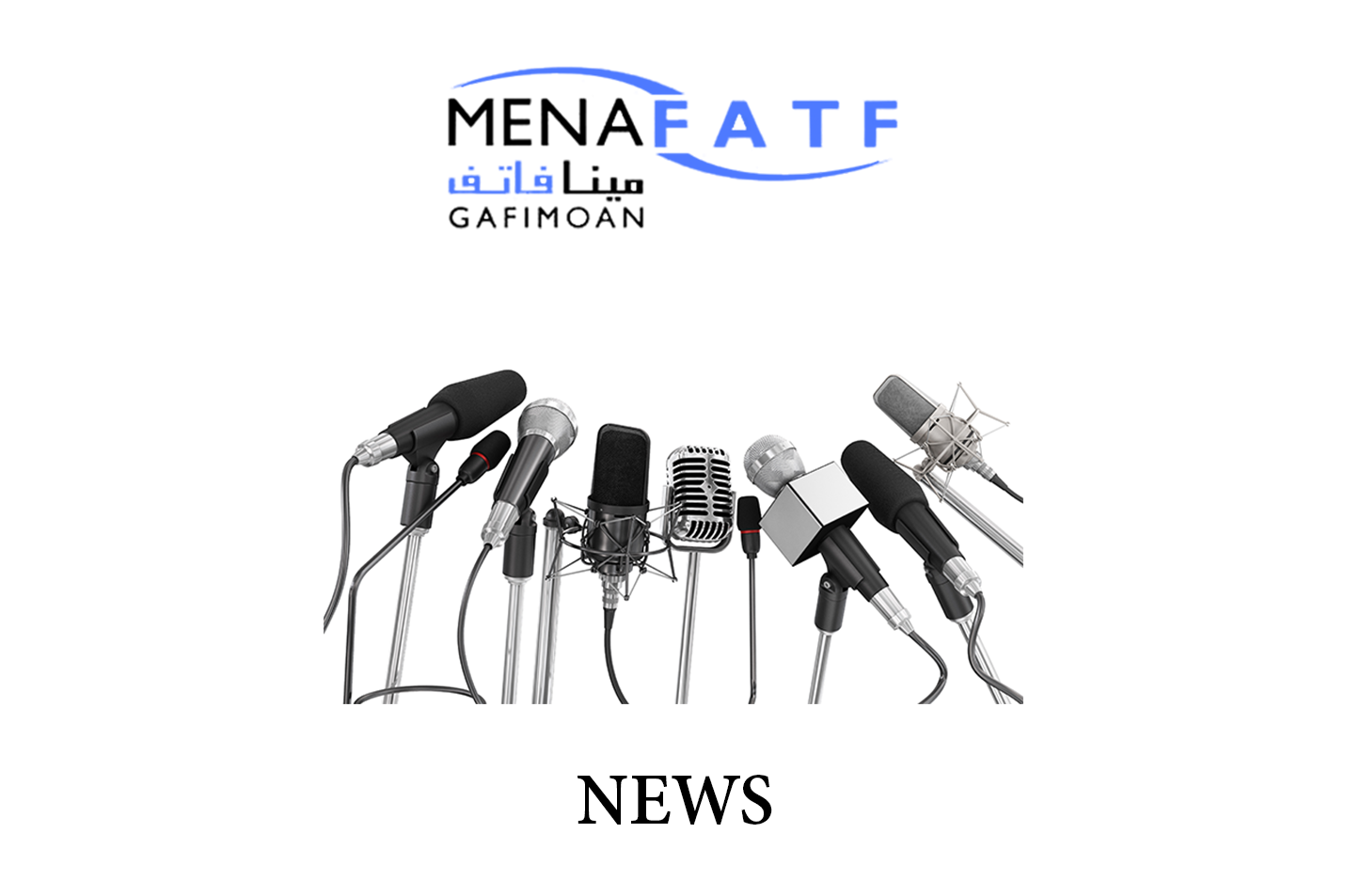The Middle East and North Africa Financial Action Task Force(MENAFATF) and the Eurasian Group on Combating Money Laundering and the Financing of Terrorism (EAG) held a joint workshop on Typologies and Capacity Building for 4 days during the period 14-17 December 2014 in Doha, the State of Qatar. The event was hosted by the National Anti-Money Laundering and Terrorism Financing Committee in Qatar.
H.E. Sheikh Fahad Bin Faisal Al Thani, the Deputy Governor of the Central Bank of Qatar and the Chairman of the National Anti- Money Laundering and Terrorism Financing Committee, delivered the opening speech, followed by two speeches respectively from the co-chairs of the workshop, Mr. Boris Toropov, the Executive Secretary of the EAG, and Mr. Adel Al-Qulish, the Executive Secretary of the MENAFATF.
The opening session was attended by General Abdullah Salim Al Ali, Deputy Chairman of the National Anti- Money Laundering and Terrorism Financing Committee, General Abdul Aziz Al Ansari, Chairman of the Committee for Combating Terrorism in the Ministry of Interior in Qatar, and many VIPs and representatives of Diplomatic Missions and the private sector.
The workshop included three concurrent sessions on typologies during the period 14-15 December 2014, and covered the following topics: “Money Laundering Through the Physical Transportation of Cash”, “Illicit Financial Flows and the Use of AML/CFT Tools to Combat Corruption”, and “Risks and Threats of Money Laundering from Cybercrime”. The workshop also included two Capacity Building sessions on 16 and 17 December on “The New FATF Recommendations and the Role of the Private Sector in the National Risk Assessment” and “AML/CFT and New Technologies”. Around 200 experts and representatives from 28 countries and organizations, more than 60 public institutions and 48 financial institutions participated in the workshop and discussed the different issues related to the topics on the agenda.
Presentations and discussions during the workshop formed an important basis and contribution to the experts and participants’ understanding of methods and trends in money laundering and financing of terrorism and to try to address the related issues. The workshop provided great opportunity for communication between experts to exchange experiences and access to relevant researches and studies, which will be published at the earliest opportunity.

